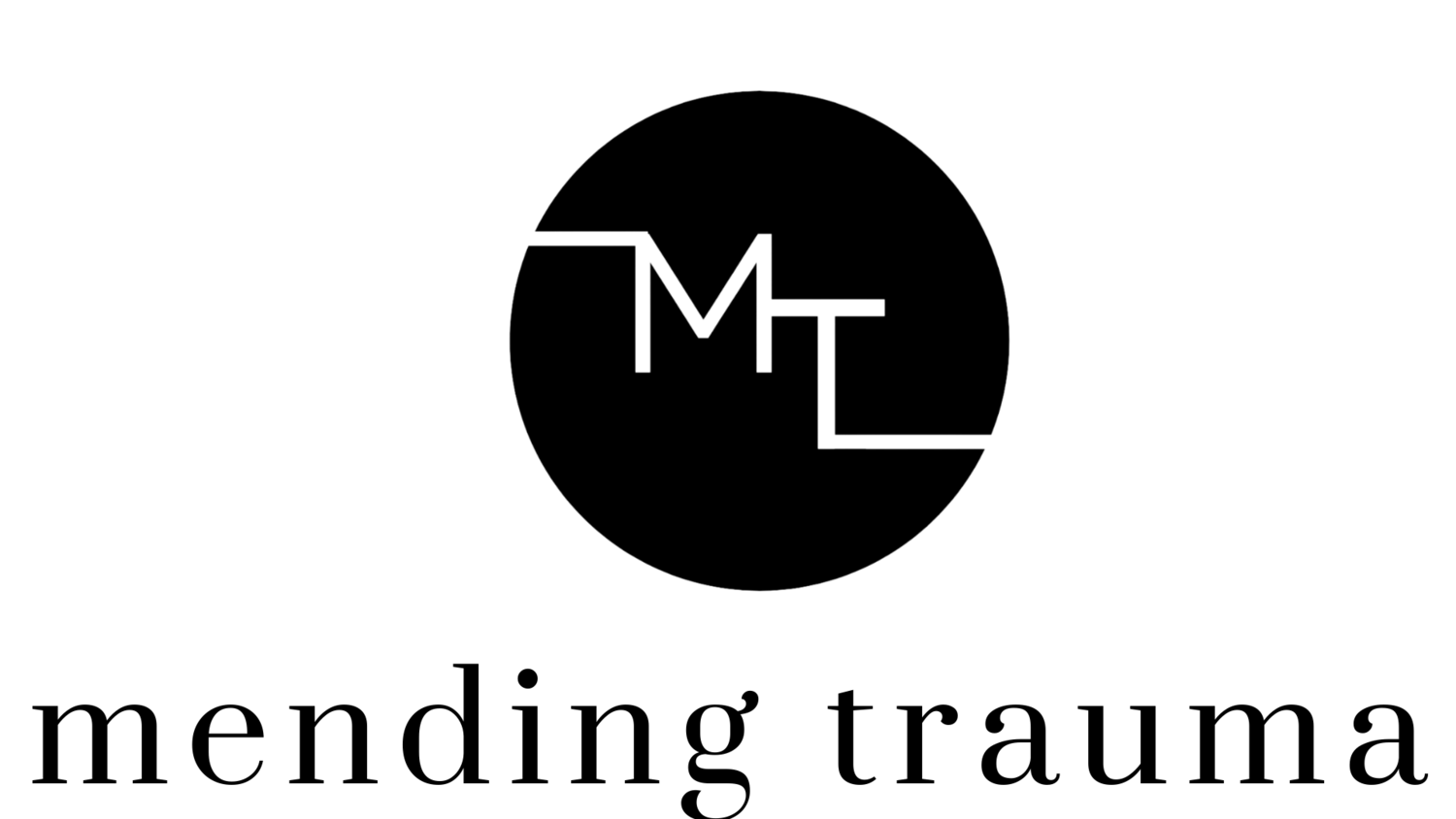How Do I Know If I Am Overdrinking
There is a fine line between socially drinking and overdrinking. Over the last two years, many people have started to question if they are overdrinking. All of our lives changed dramatically two years ago. We were spending more time alone, without access to a lot of ways to let off steam, spending less time with a larger social network, and feeling more stress and disconnection than ever before. Suddenly, many people moved from one or two drinks on weekend evenings to more frequent drinking being part of the normal routine.
How do you know if you are simply overdrinking, abusing alcohol, or have an active addiction?
The Fine Line
Drinking has always been in our culture, and the pandemic has caused isolation, fear, anxiety, and has been very stressful. So it's not surprising that the use of alcohol or the consumption of alcohol has increased. In the United States, alcohol and liquor stores are considered an essential business, whereas gyms are not. Drinking is so normalized as a coping mechanism in our society that it can be difficult to know when you need to pull back on drinking and create boundaries around it.
What To Do About It
When you start wondering if it's a problem, our internal voice and our internal sense of knowing are nudging us to pay attention. There are no hard and fast rules about whether you're overusing alcohol, whereas alcohol abuse and addiction are clearer. Chances are, if you are wondering if it is becoming a problem, it might be. If you have someone that you live with, that truly knows you, check in with them and ask for their insight.
Alternatively, omit drinking alcohol for a set period of time (one week, one month, etc.) and then check in and see how you feel. Alcohol can take us away from being present, and at times it can be a relief. But when we are escaping with alcohol more than we used to, it is a good idea to get curious and investigate.
What A Drinking Problem Looks Like If You're Not An Alcoholic
The DSM 5, or the diagnostic manual that is used for diagnosing mental health challenges, distinguishes between addiction and abuse. In this way, you can be diagnosed as abusing alcohol or being addicted to alcohol. The difference is that addiction is uncontrollable. The addictive tendencies are more pronounced, like drinking daily, drinking in secret, having physical symptoms of withdrawal, feeling the need to have more alcohol in order to take the edge off than you used to (a higher tolerance to alcohol), or experiencing emotional withdrawal.
When you are an alcoholic, the addiction doesn’t go away. Ever. The cravings might get less and less but addiction is still present in the background of life (see our podcast episode for my own experience with relapsing after almost 15 years of sobriety).
How To Know If You Have A Problem
Alcoholics Anonymous helps people determine if they have an addiction to alcohol by asking a series of questions. For example, "Have you ever decided to stop drinking for a week or so? Did you make it the full week, yes or no? Do you wish people would mind their own business about your drinking and stop telling you what to do about your drinking? Have you ever switched from one kind of drink to another in the hope that it would keep you from getting drunk? Have you had to drink upon waking up during the past year? Do you envy people who can drink without getting into trouble?" And many more.
There are a series of questions asked to those seeking help determine on their own if they have a problem with alcohol. In addition, you may go to www.a.org to take the quiz and access their online opportunities and resources.
Cutting alcohol out can be scary so start with a micro-step of cutting it out for a week and go from there. We have walked this road. More than anything, we want to help you.

